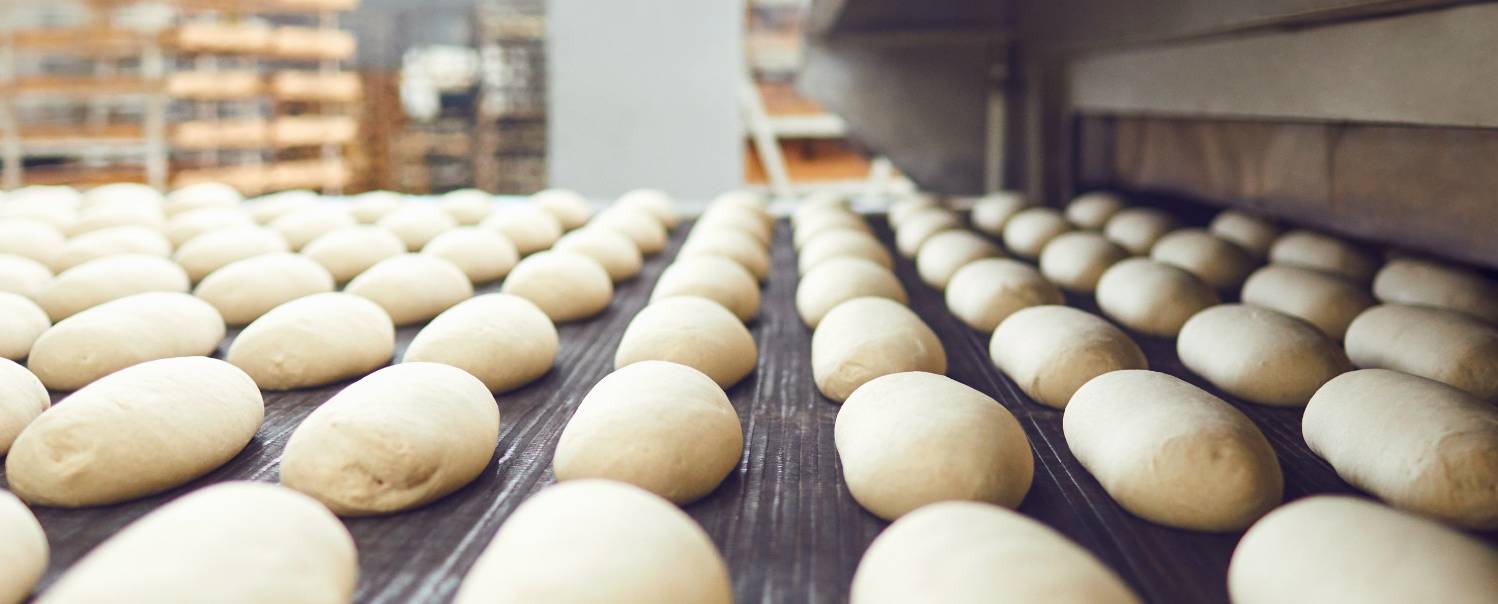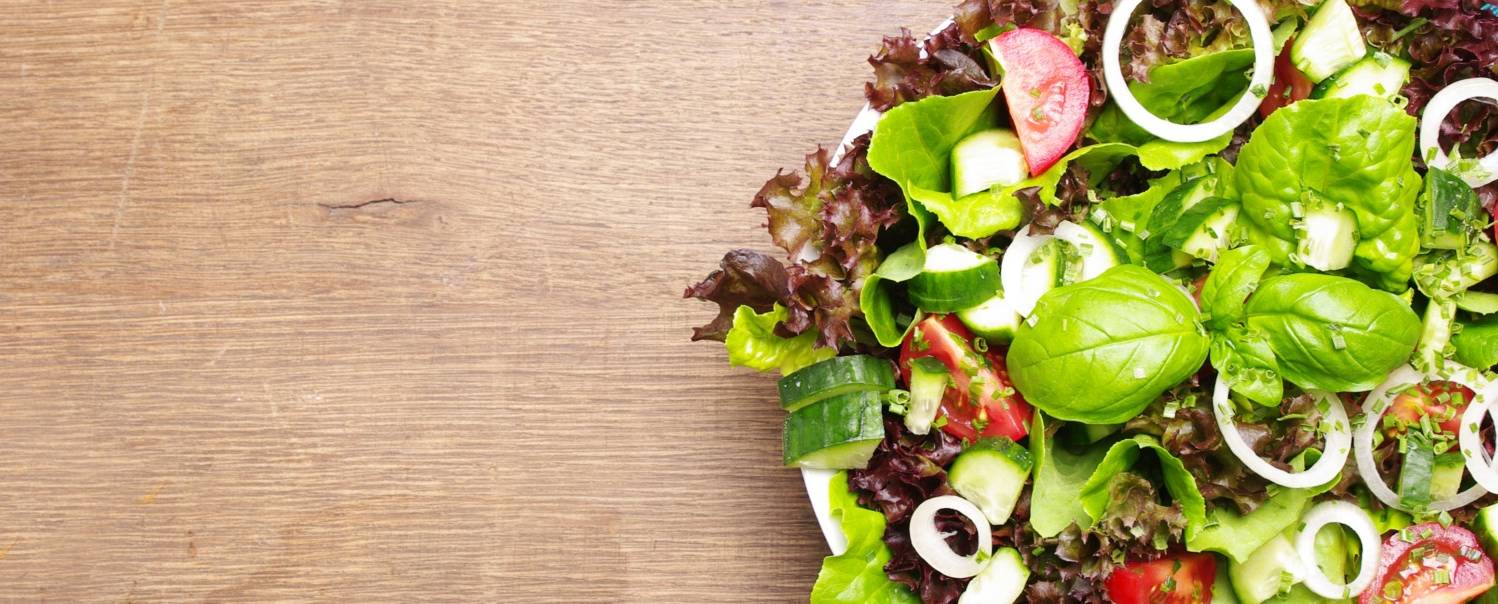Orthorexia: obsession for eating healthily
Orthorexia is the obsessive preoccupation with eating healthy foods and generating feelings of guilt after having eaten foods which, according to the sufferer’s criteria, are not healthy.
TOPIC OF THE MONTH
Share
The new technologies have brought us great advances in communications media and in relation to other people. But, in some cases, they have also brought us the promotion of some disorders for example when, with the objective of being fashionable, we follow trends which are not always healthy. This is the case with eating. If one thing has changed with the coming of the 2.0 world, it is how we eat, the mix of new foods, the incorporation of other foods we hardly knew about and the demonisation of many others that formed a staple part of our diets. Rigorously maintaining such an extreme control of what we eat may lead us to suffering from orthorexia. According to the World Health Organisation (WHO), this eating disorder affects 28% of the population in developed countries, mainly women between the ages of 20 and 40 with self-demanding and perfectionist profiles.
What is orthorexia?
It is an eating disorder whose name was first coined in 1997 by Doctor Steven Bratman. The pathology is characterised by an obsession for eating food that is considered to be healthy by the sufferer, but which does not necessarily mean that this is the case. It is a similar illness to obsessive compulsive disorders. The sufferer maintains a very restrictive diet and avoids certain foods, such as foods containing fats, preservatives, colourings, etc. Their obsession leads the sufferer to not consume anything that is industrially processed.
Orthorexia symptoms
• Severe limitation and restriction of a large number of foods.
• Obsessive planning of daily diet and foods.
• Anxiety when shopping, preparing and consuming foods.
• Lack of enjoyment and gratification through food, the source of satisfaction is complying with the strict criteria that the sufferer has established.
• Not using metal kitchen utensils.
• Remorse and guilt if deviating from the diet or ingesting a ‘forbidden’ food.
• A need to control everything eaten and the cooking process.
• Social isolation due to avoiding events where there is food or drinks.
What might be the consequences of orthorexia?
As with all eating disorders, orthorexia also has consequences for sufferers and, sometimes, these may be severe.
- Physical consequences: such as anaemia, an excess and/or a deficit in vitamins, depending on the chosen diet, low blood pressure, thyroid problems, cardiovascular problems, weight loss, a weakened immune system or malnutrition, among others.
- Psychological consequences: low self-esteem, anxiety, stress, depression, obsessive disorders, irritability, difficulty concentrating and maintaining attention.
- Social consequences: social isolation, loss of friends and ties due to dedicating most of their time to food and their obsession.

Nuevo rol del consumidor
Leer más
Nuevo rol del consumidor









